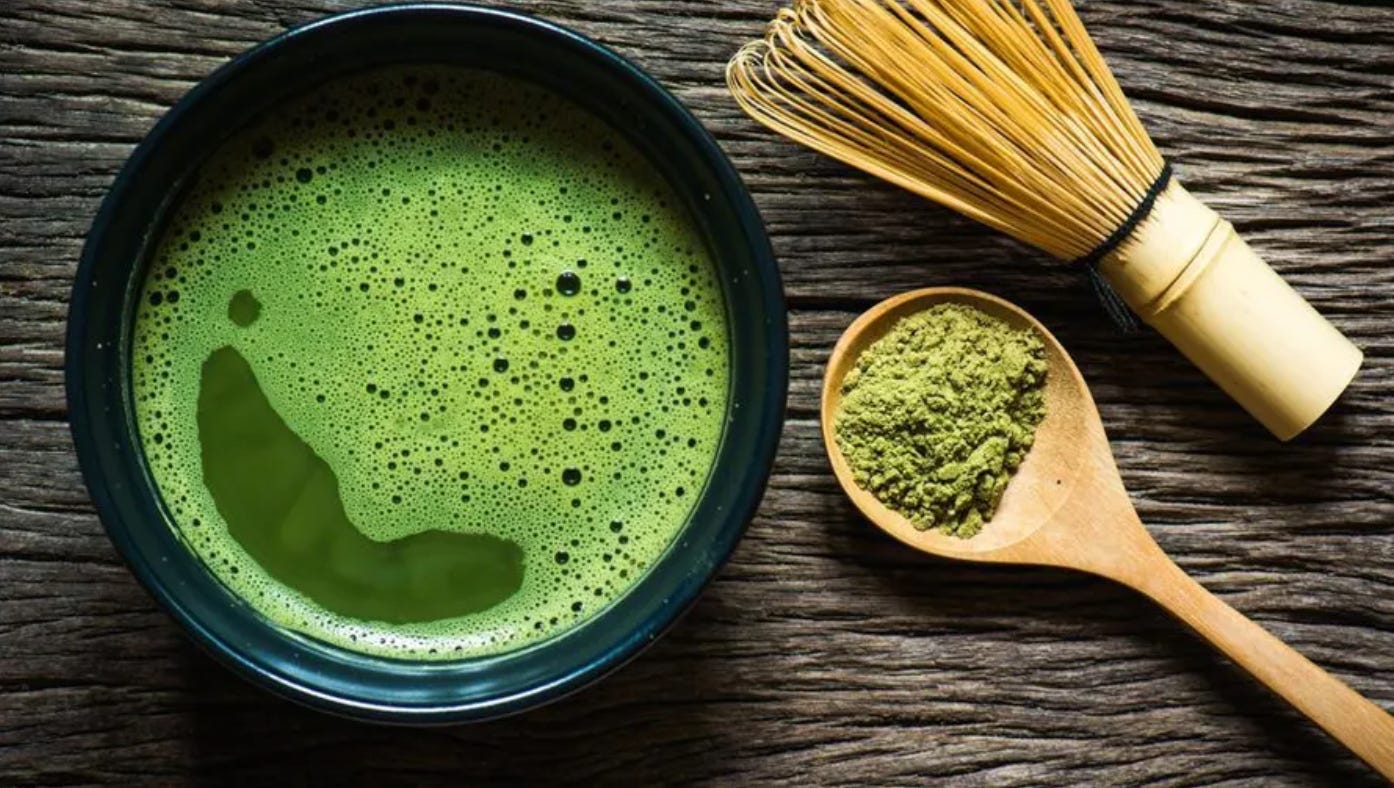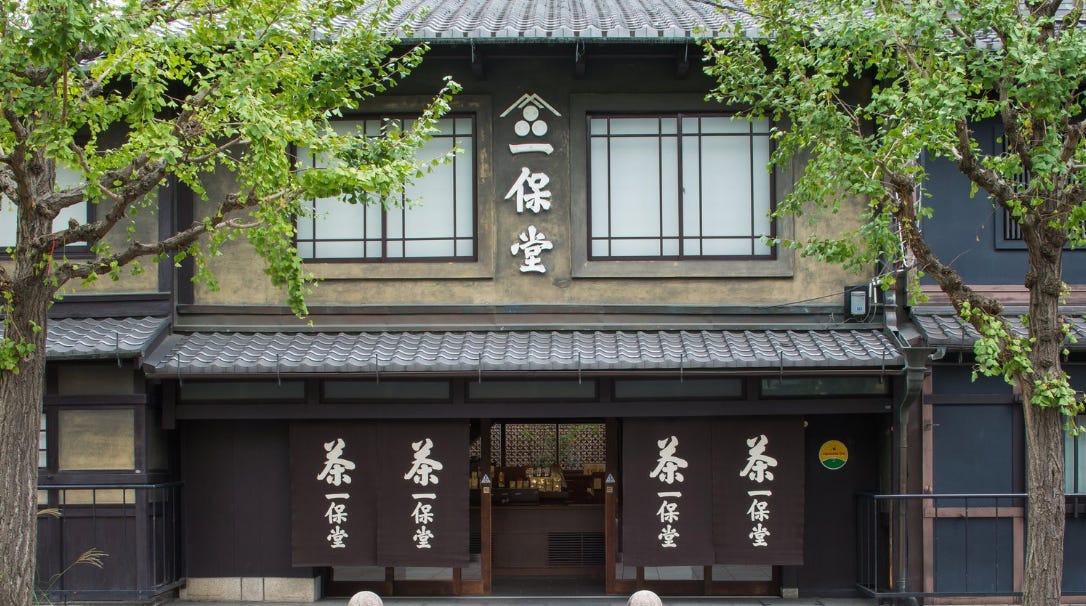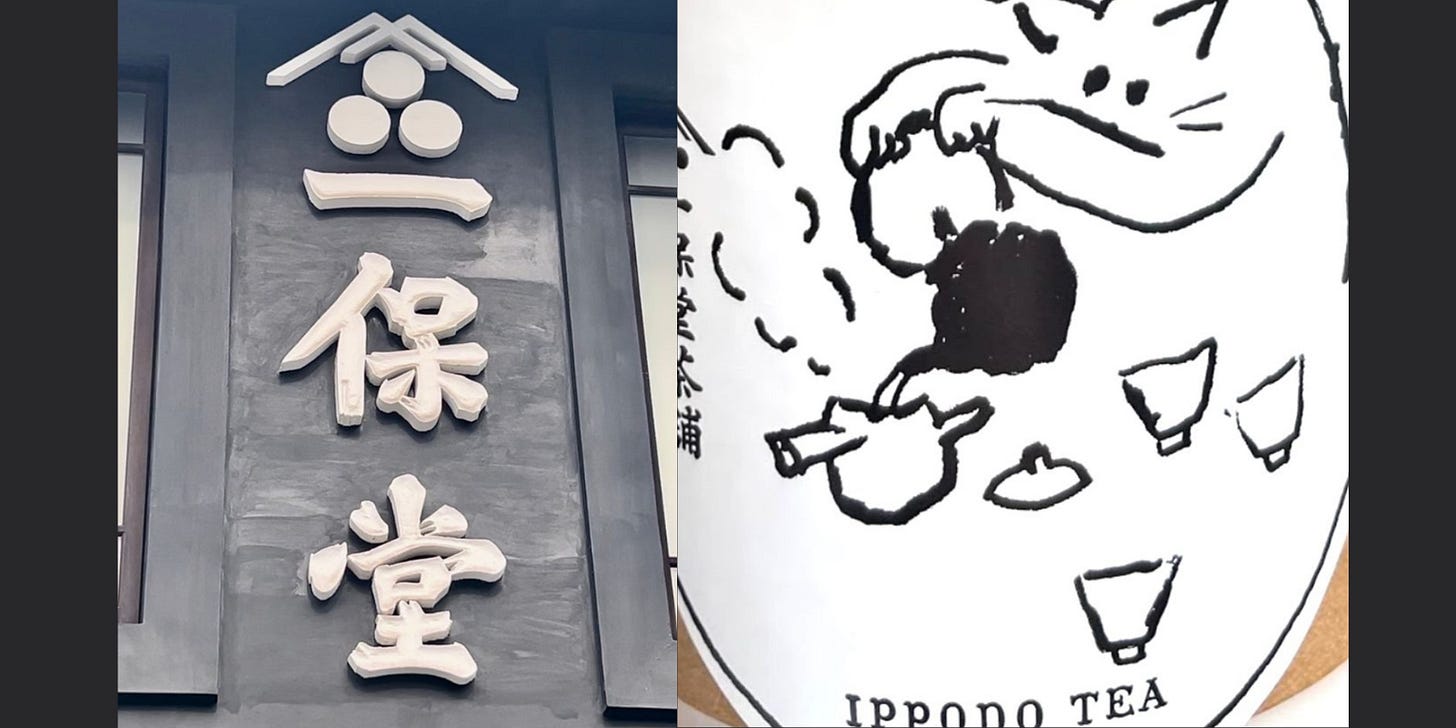what's essential for businesses in unfamiliar cultures?
authenticity (maintaining cultural integrity) or flexibility (adapting to local contexts)?
Annual Growth Rate of 9.44%: Matcha, the Fastest-Growing Superfood in the Caffeine Market.
The popularity of matcha has surged significantly in recent years. The global matcha market is expected to grow at a compound annual growth rate of 9.44% between 2022 and 2027, reaching an estimated revenue of $5.5 billion by 2027. Both Häagen-Dazs and Starbucks have already introduced matcha-flavored products decades ago.
Matcha is becoming a familiar taste in North America. If you've tried a Matcha Frappuccino at Starbucks and craved it again, you’re hooked! Matcha’s success in the U.S. comes from:
Demand for healthy products
Interest in non-coffee beverages
Popularity as a dessert ingredient
But In the U.S., only 8% of people have tried matcha, indicating that it remains a niche culture. In such a context, making matcha more familiar will likely require more bold flexibility and time.
Through Ippodo Company's journey, we can learn valuable lessons.
To effectively communicate something new to customers, what is important?
what's essential for businesses in unfamiliar cultures?
Education. At that time, Companies must balance authenticity vs. flexibility
Introducing new ideas to target customers is challenging, not only in the food industry but also in the IT sector. New concepts and unfamiliar cultures share the commonality of being unfamiliar to consumers. While it's said that there are no new ideas under the sun, making something unfamiliar feel natural and not awkward to people is still a significant challenge.
In this context, education is required, but not in a purely rational or explanatory manner. Instead, it involves integrating the concept into people's daily lives, making it familiar and comfortable. In the U.S., only 8% of people have experienced matcha, indicating that it remains a niche culture for a very small segment of the population. For matcha to become more familiar in such a culture, it will likely require both bold adaptability and more time.
Ippodo: A place where the royal family was so impressed with the taste of matcha that they granted it a name.
A 300-year legacy with royal endorsement! Founded in 1717, this Kyoto brand is a powerhouse in matcha quality. The name "Ippodo" was bestowed by Prince Yamashina in 1846.
Ippodo was expanding into North America with a store in Manhattan and online markets in Canada. Ippodo opened its first offline store in New York in 2013 and launched its USA & Canada online shop in 2019. The tea-growing region chosen by Ippodo is renowned for producing some of Japan's highest-grade green tea, thanks to its mild, foggy climate, mineral-rich soil, and near-perfect balance of sunlight and rainfall. Ippodo blends over 30 types of tea, including matcha, to create their unique blends. This commitment to authenticity likely made it challenging for them to deviate from their traditional methods. Then what initiatives were they taking?
1. Diversifying the Menu
When opening their New York store, Ippodo maintained their original concept but introduced consumer-friendly options like matcha lattes. This was a bold move for a brand known for its deep, artisanal focus on tea itself. Traditionally, Ippodo emphasizes delivering the delicate flavors and depth of different teas through the meticulous practices of traditional tea ceremonies. For their Kyoto store, Ippodo even took extreme care in serving tea in traditional teacups rather than takeout paper cups, as temperature fluctuations can affect the flavor of the tea.
In contrast, the New York store demonstrates Ippodo’s flexibility. Not only did they offer takeout (and even delivery), but they also introduced matcha lattes with customizable options like soy or almond milk. This approach aligns with the North American beverage market rather than sticking strictly to traditional practices.
2.Consumer-Friendly Branding and Character Development
Ippodo’s target demographic in Kyoto has an average age of 49. Kyoto, with a population of 1.5 million residents, hosts over 50 million tourists annually, which means the average age might not fully represent their typical customer base.
However, tourists usually adhere to local customs, so sticking to traditional methods worked well in Kyoto. - When entering New York, Ippodo seemed to recognize the need to adapt. The average age of their target demographic in Manhattan is around 37, significantly younger than their Kyoto clientele. Ippodo addressed this by employing character-driven branding to appeal to this local market. Although it's a hypothesis that they targeted this younger demographic, the use of characters in branding has proven to be an effective strategy for engaging consumers.
(kyoto ver/ NYC ver)
Temporary Closure of Offline Store
However, Ippodo’s journey in North America hasn’t been entirely smooth. Currently, the Ippodo NYC location is temporarily closed. We will explore this situation in more detail in the next article.





